#1 for Quality & Price
Certified Translation Services
Get Top-Quality Certified Document Translations Accepted by USCIS in 24 Hours – Only $23.99/Page – 80+ Languages.
Your Trusted Certified Translation
Certified translation is a translation of a document, often required for official use, that includes a signed statement by a professional translator who is fluent in both languages with the professional certified translation company statement.
This statement attests to the accuracy of the translation. Government agencies, universities, courts, and other institutions often require certified translation to affirm accuracy and completeness.
Our team of certified Translators follows a strict process that involves translation, proofreading, and notarization to ensure reliable, accredited translations. We provide fast and convenient certified translations, returned within 24 hours for most documents.
Translation Shop specializes in high-quality certified translation services that meet official standards and requirements. Our team of professional certified human translators can fluently translate your documents into over 80 languages with 100% accuracy while retaining the original formatting and layout.

Our certification package provides:
Certificate of Translation
Notarization (upon request)
Hard copy mailing (upon request)
For
Business
For Legal &
Immigration
For
Academics
Our Simple Process For Certified Translations
Upload your files on our order form or email them over. Placing your order takes under 1 minute.
Our experts will translate your documents and send over the translations to review and confirm accuracy.
We’ll make any revisions, notarize your files, and send you the final certified and notarized translations.
Get Certified Translation For Only
$23.99 / per page
Over 80 language
USCIS Translation Certificate included
Most Orders Delivered in 24 Hours
Certified Translation Explained
Certified translation is a translation of a document, often required for official use, that includes a signed statement by a professional translator who is fluent in both languages and or a translation company. This statement attests to the accuracy of the translation. Government agencies, universities, courts, and other institutions often require certified translation to affirm accuracy and completeness.
Our certified translators provide certified translation with guaranteed accuracy. Completed translations feature an official stamped certificate and credentials with an ink signature to verify the quality of the translation. We also offer notarization and hard copy mailing via 2-day priority shipping.
At Translation Shop, we dedicate extreme care to every certified translation order. Our expertise, experience, and passion for languages ensure you get the highest quality certified translations possible.


Who Can Certify Translation In The US?
In the US, certified translations are typically performed by professional translators or translation agencies. However, the specific requirements for certification can vary depending on the purpose and recipient of the translation.
For official or legal purposes, such as immigration or court documents, it may be necessary to have the translation certified by a qualified translator who is a member of a recognized professional translation association, such as the American Translators Association (ATA). Show more
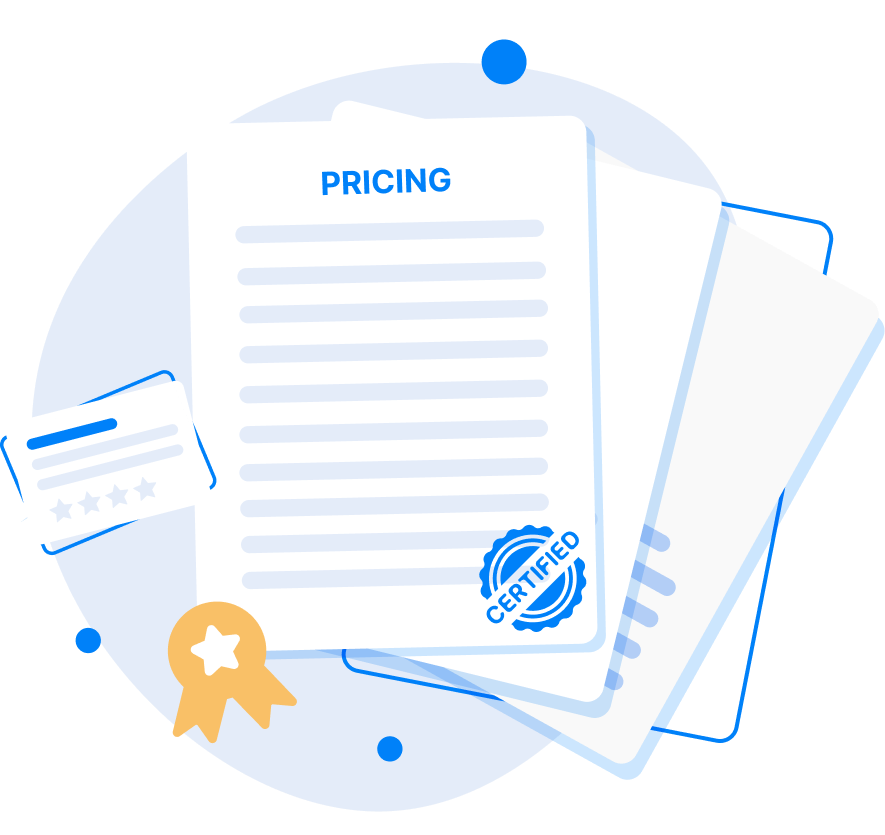
Pricing for Certified
Translation Services
The cost of certified translations depends on language pair, word count, complexity, and delivery timeframe. At Translation Shop, our base pricing is just $23.99 per page for standard certified translations.
We offer very competitive pricing in the industry while still providing high-quality certified translations; Our transparent per-page rates reflect the complexity of your documents.
Ready to get your translation started?
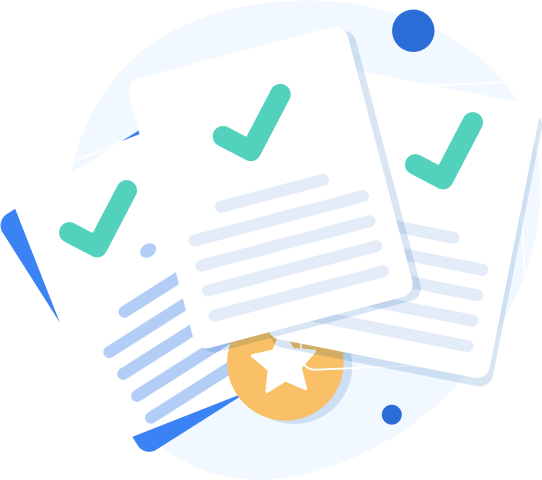
Certified Translation Services
Certified USCIS Translation
Get Your Documents Translated for USCIS Approval
If you are looking to immigrate to the United States, you will need certified translations of your documents. The US Citizenship and Immigration Services (USCIS) requires all foreign language documents to be translated into English. A USCIS translation is a certified translation that meets specific requirements set by the USCIS and is necessary to approve your immigration application.
A USCIS translation is a certified translation that meets specific requirements set by the USCIS and is necessary to approve your immigration application… Show more
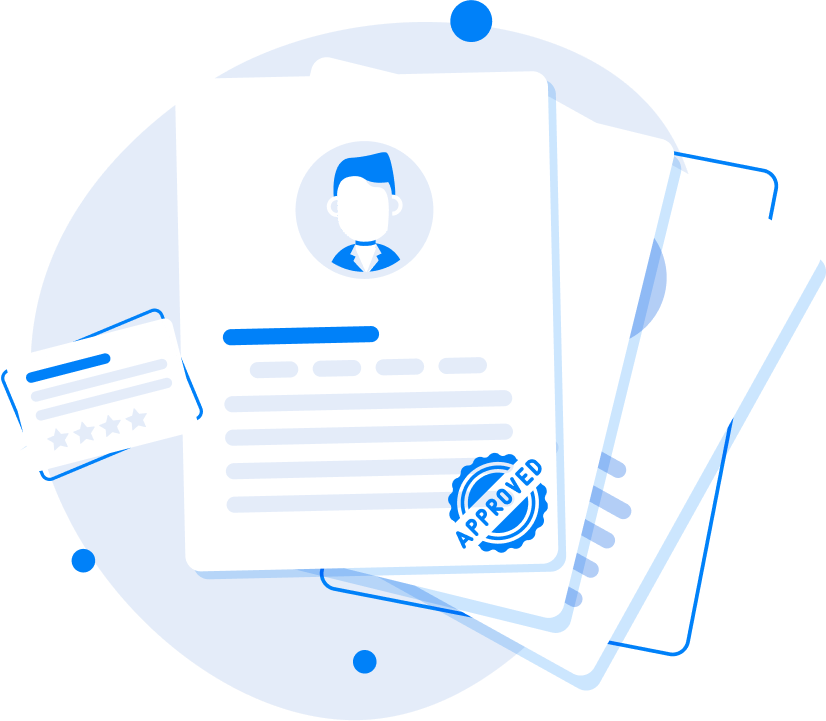

Get Translated Documents Certified and Notarized
At Translation Shop, we don’t just provide excellent document translation services – we also offer professional notarization to certify and authenticate your translated documents.
Many government agencies, academic institutions, and other official entities require official notarization on translated papers to confirm validity. Our experienced notary public will verify the signer’s identity on your translations, adding an extra layer of credibility and assurance.
Whether you need certified translations for immigration, travel, academics, or business, Translation Shop has you covered. We provide a comprehensive solution for your translation and notarization needs, delivering exceptional results with a smooth, seamless process.
Certified Legal Translations
For legal documents requiring translation, rely on Translation Shop for certified legal translations done right. Our skilled translators fluently translate your English legal papers into your desired language with complete accuracy while maintaining the original format and layout.
Many legal processes demand certified translations to validate the authenticity of translated documents. This includes immigration cases, court proceedings, patents and trademarks, contracts, and wills. Our certified translation process provides the credibility and assurances needed for official legal acceptance.
Whether you need certified legal translation for immigration forms, court records, business agreements, or other legal documents, Translation Shop ensures compliance with requirements. Our seamless service delivers exceptionally accurate translations you can trust for any legal process.
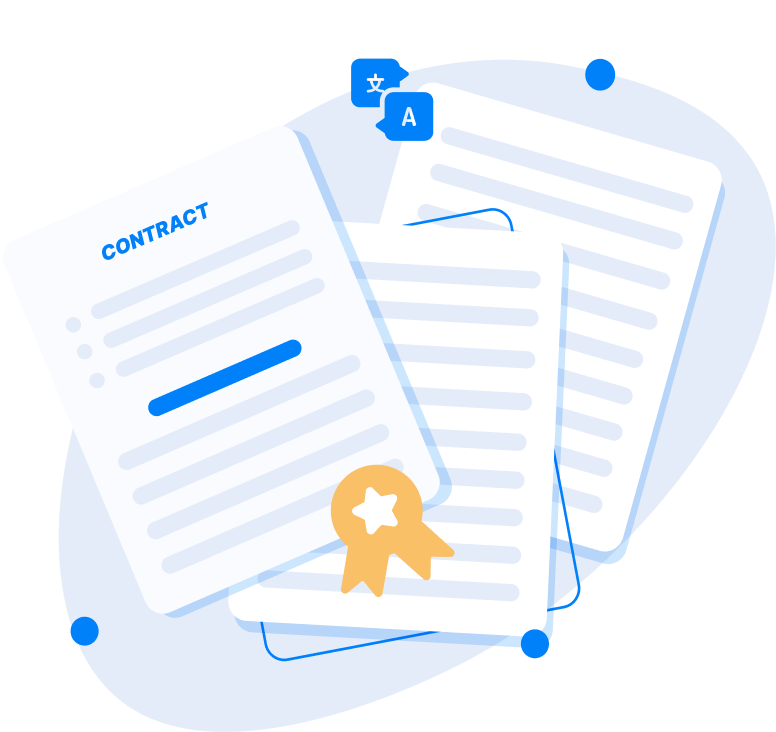

Certified Translations
Service in 75 Languages
Our certified translators are experts in Spanish, French, German, and many more languages. See the complete list below. We also offer certified translation services in less common languages from all regions of the world.
Our certified translators expertly translate your documents into any required language while retaining integrity, accuracy, and context. Our certified translations meet acceptance requirements for immigration, legal processes, academics, and official use worldwide.
The document we translate
Translation Shop offers expert official document translation services for documents requiring certified translation. Our experienced translators can accurately translate your English documents into your desired language while retaining the original formatting and layout.
Many government agencies, academic institutions, courts, and businesses demand certified document translations to validate their authenticity. Our comprehensive certification process includes fully certifying your translated documents to provide the credibility and assurances needed for official acceptance.
Whether you need certified document translation for travel, academics, immigration, or business, Translation Shop provides trustworthy, official, certified document translation. Our seamless service delivers exceptionally accurate results at a fair price.
frequently asked questions
What is a certified translation?
A certified translation includes an official certificate validating its accuracy. Professional translators fluent in the language pair provide a signed certification that the document thoroughly and accurately conveys the content of the original. The attached certificate, which includes translator credentials, confirms the translation meets legal and regulatory standards for official use.
In this shorter version, I focused on the following:
- Official certificate validating accuracy
- Signed certificate translator from professional translators
- Certificate confirming standards are met
- Meets legal/regulatory standards
- For official use
How long does certified translation take?
We can deliver certified translations within 24 hours in most cases. More complex projects with special certification may take 2-3 days. We always discuss expected timeframes when quoting a project.
How much does certified translation cost?
Pricing depends on the language pair, specialty, and document length. Simple certified translations can start around $23.99 per page. Large projects receive personalized quotes. Rush delivery may incur added fees.
What if My Certified Translations Are Incorrect?
If you find any errors or inaccuracies in your certified translations, rest assured that we have quality assurance measures in place. Our dedicated project managers will promptly address any issues or concerns you may have. We offer free revisions to ensure accurate and reliable translations, so you can trust us to resolve any incorrect translations efficiently and effectively.
Are there any differences between a certified translation and a notarized translation?
Yes, there are distinctions between certified translations and notarized translations. A certified translation is accompanied by a signed statement affirming its accuracy, while a notarized translation has been sworn or notarized by a notary public. The type of translation you need depends on the specific requirements of your intended use.
How do you certify a translation?
We include a certificate with translator credentials, signature, contact information, and attestation of accuracy. Pages are numbered, stamped, and initialed. We can also provide notarization and unique verification on request.
What is the definition of official translation?
Official translation” refers to a translation recognized and accepted by an official authority or organization. This type of translation is often required for legal, governmental, or business purposes, where accuracy and authenticity are crucial. An official translation typically includes a certification or statement from a qualified translator or agency affirming the translation is accurate and complete.
Why do I need certified translation services?
Certified translations are required anytime official validation is needed for immigration, legal processes, academics, or professional purposes. Authorities often require certification to confirm translations are complete and accurate.
Ready to get your translation started?
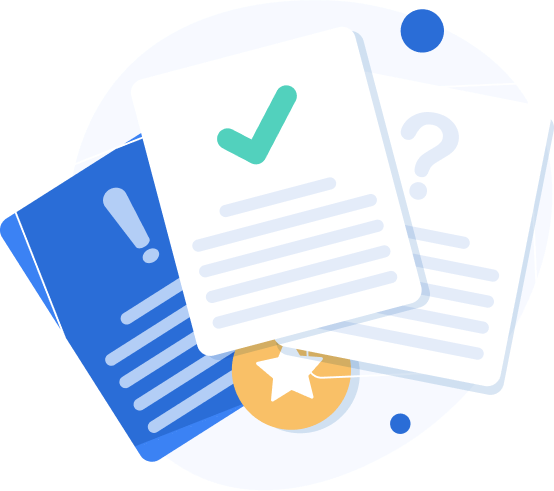














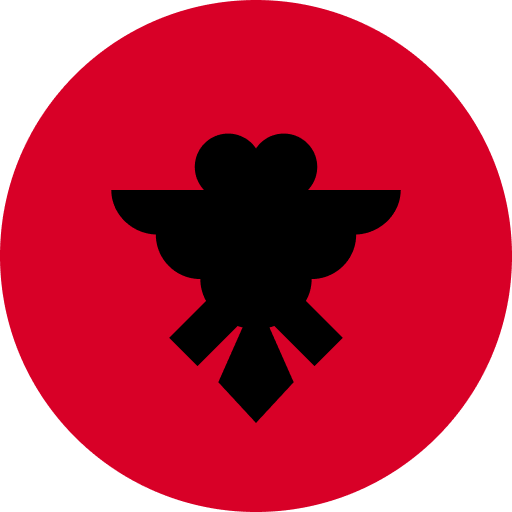 Albanian
Albanian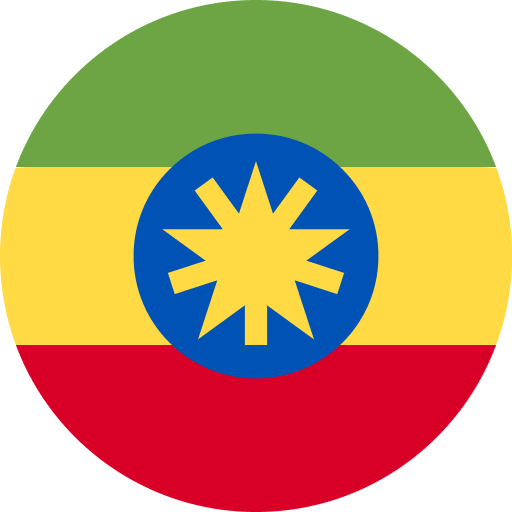 Amharic
Amharic Arabic
Arabic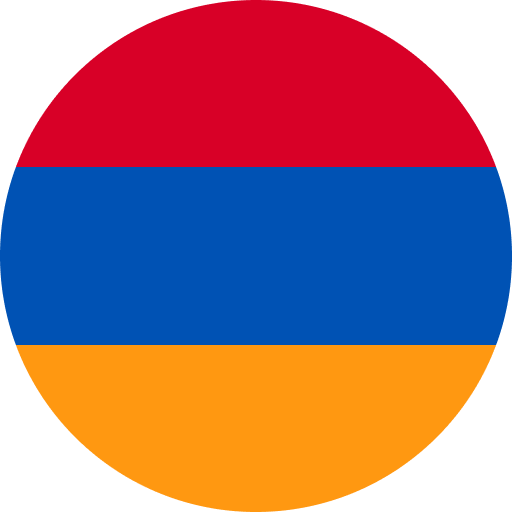 Armenian
Armenian Bengali
Bengali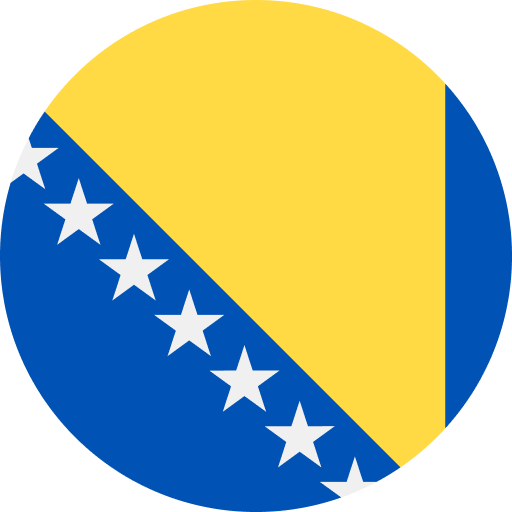 Bosnian
Bosnian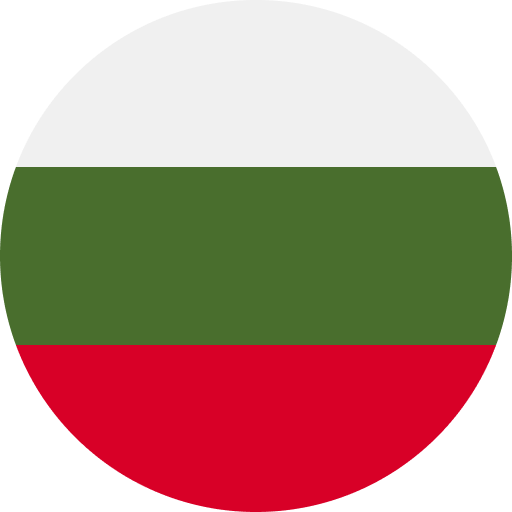 Bulgarian
Bulgarian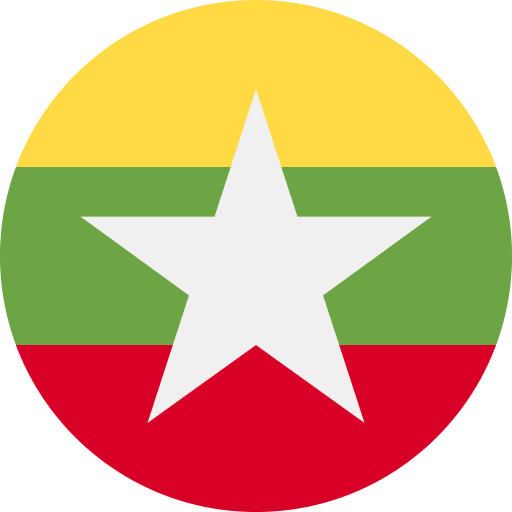 Burmese
Burmese
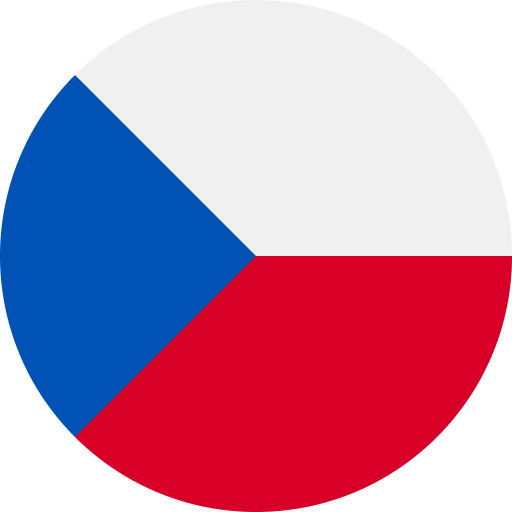 Czech
Czech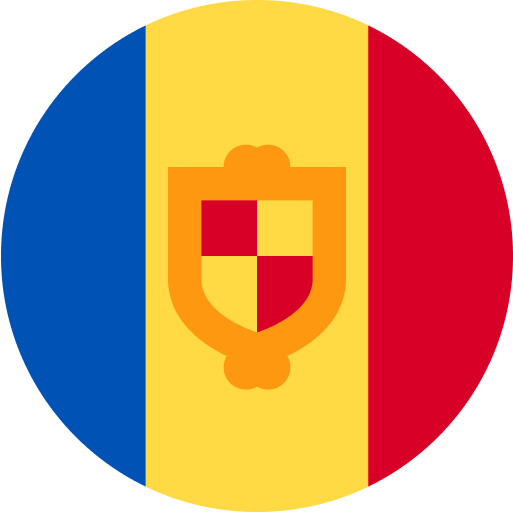 Catalan
Catalan Creole
Creole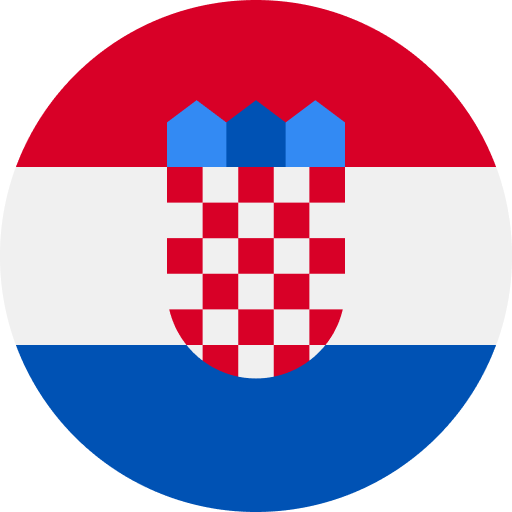 Croatian
Croatian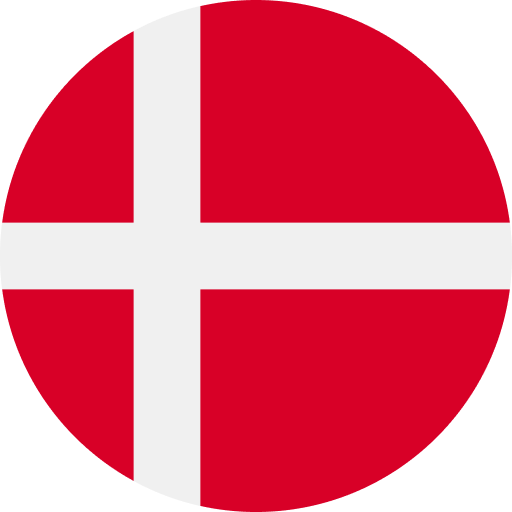 Danish
Danish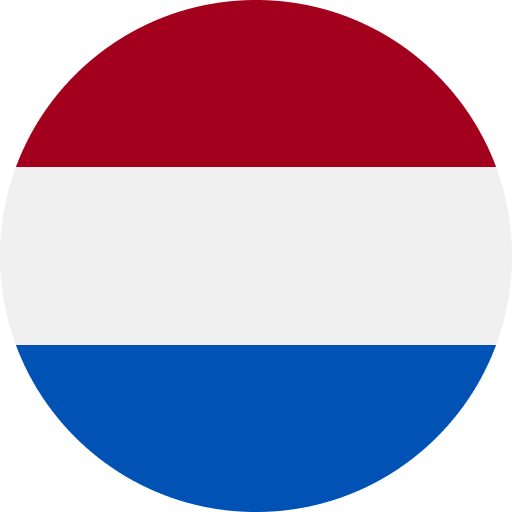 Dutch
Dutch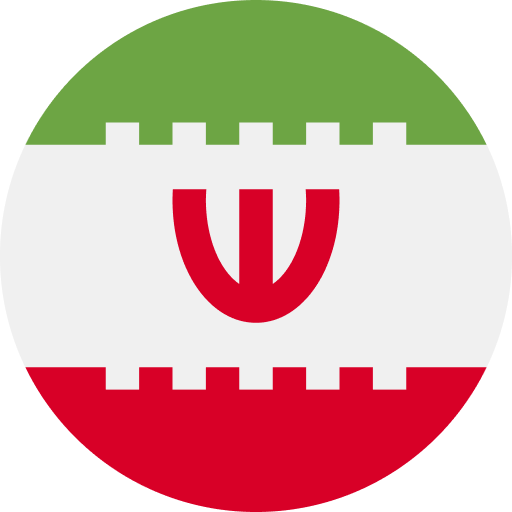 Farsi
Farsi Finnish
Finnish French
French German
German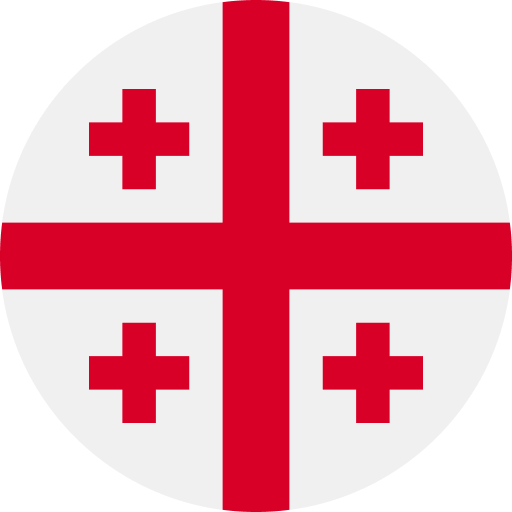 Georgian
Georgian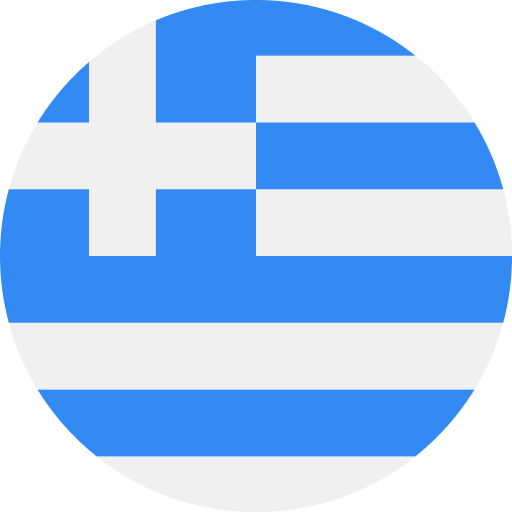 Greek
Greek Gujarati
Gujarati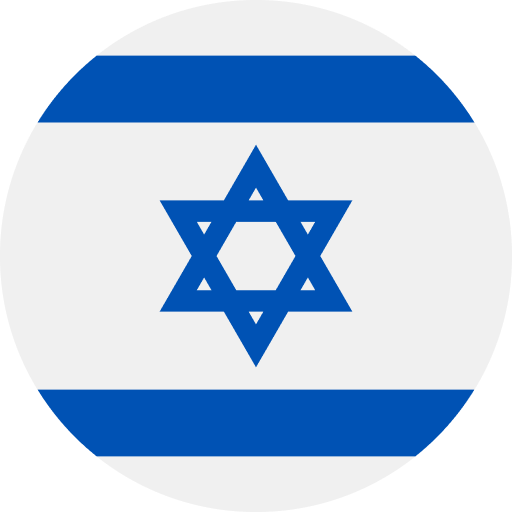 Hebrew
Hebrew Hindi
Hindi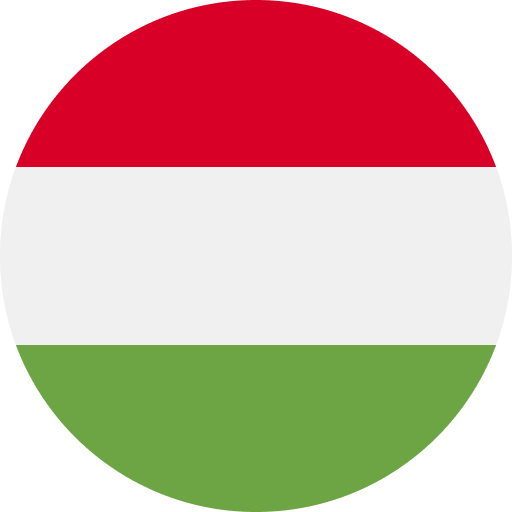 Hungarian
Hungarian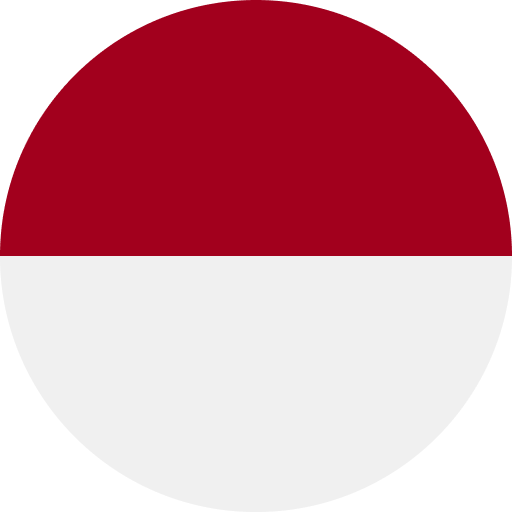 Indonesian
Indonesian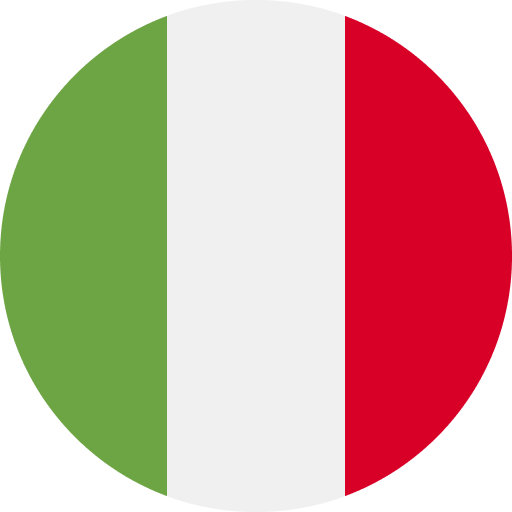 Italian
Italian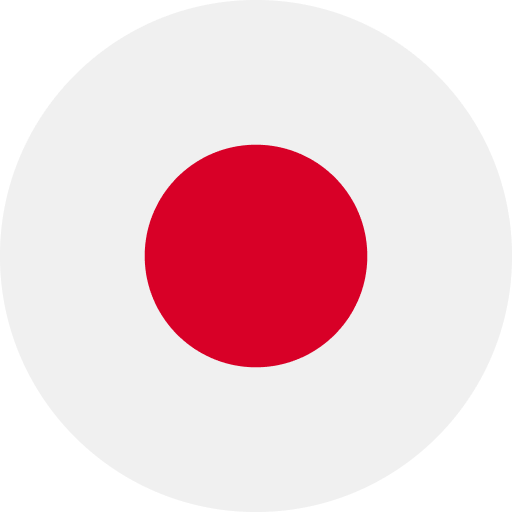 Japanese
Japanese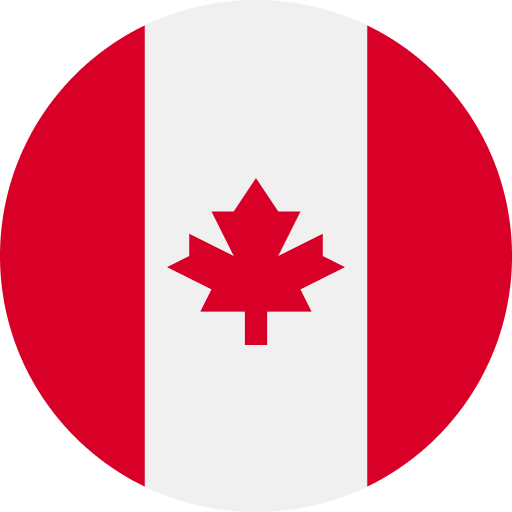 Kannada
Kannada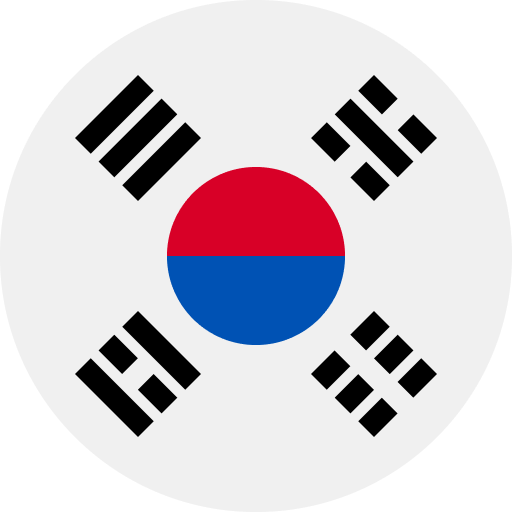 Korean
Korean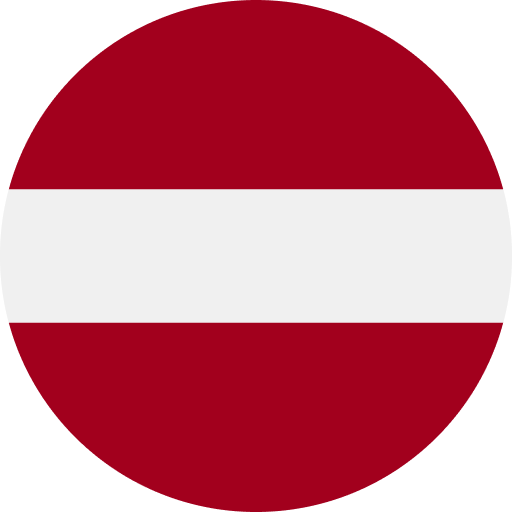 Latvian
Latvian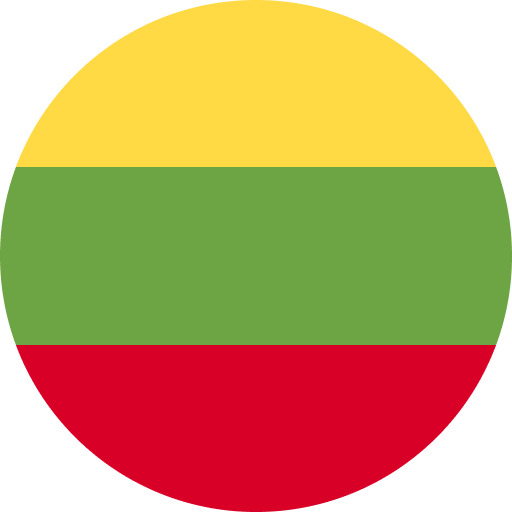 Lithuanian
Lithuanian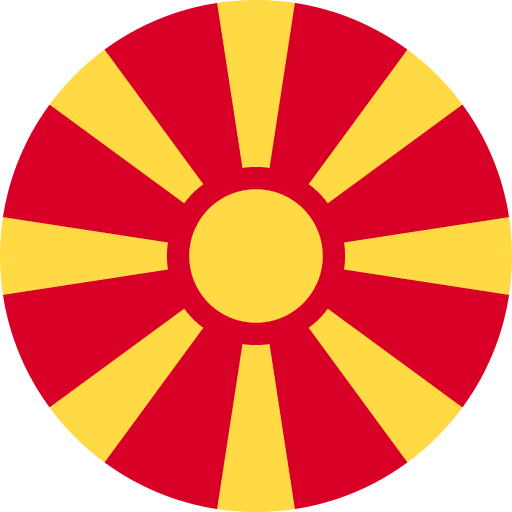 Macedonian
Macedonian Malay
Malay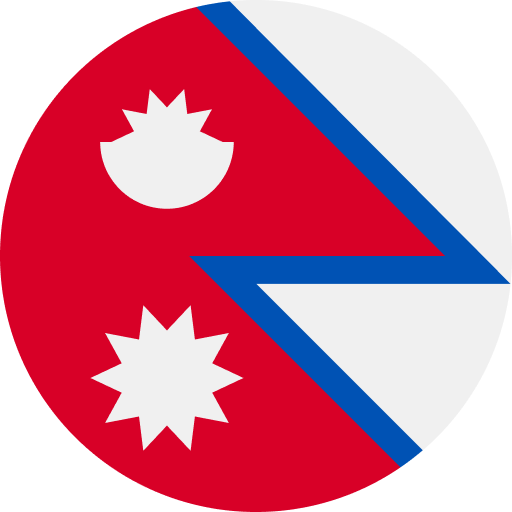 Nepali
Nepali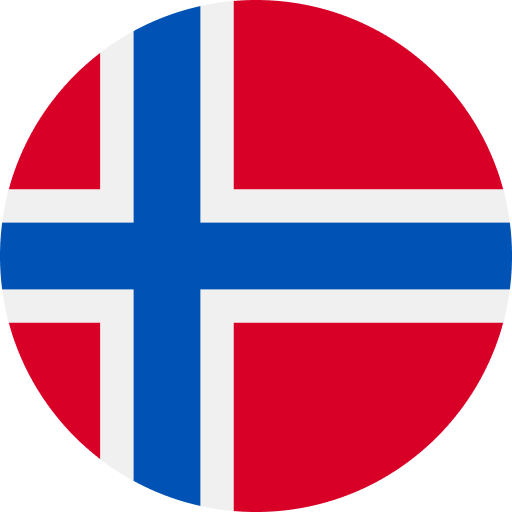 Norwegian
Norwegian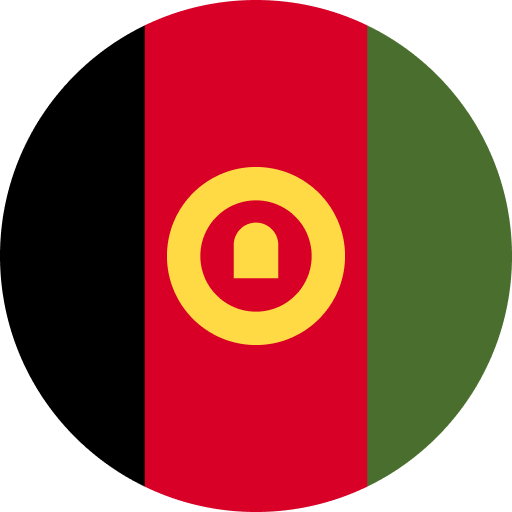 Pashto
Pashto Polish
Polish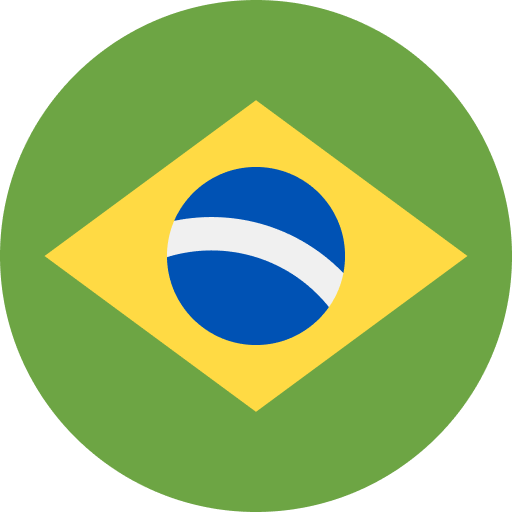

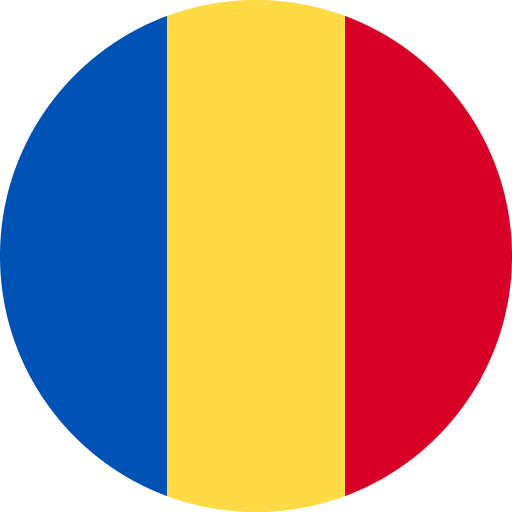 Romanian
Romanian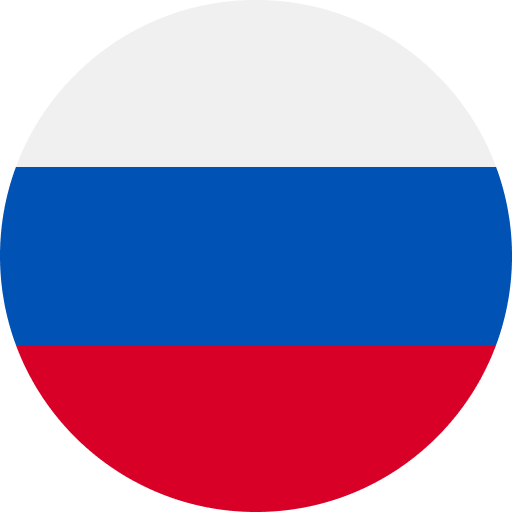 Russian
Russian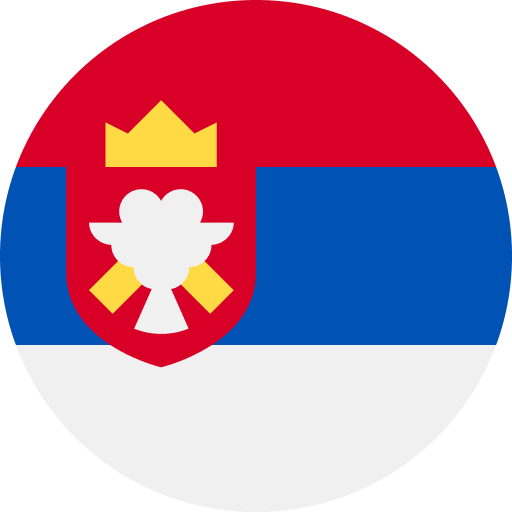 Serbian
Serbian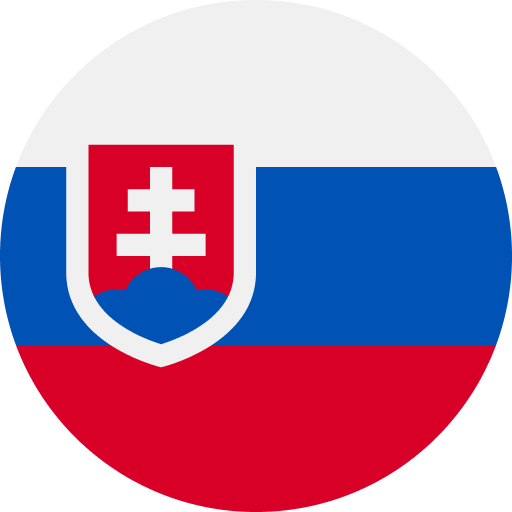 Slovak
Slovak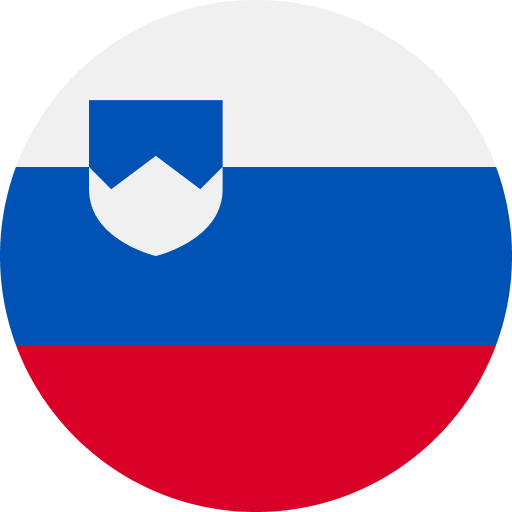 Slovenian
Slovenian Somali
Somali Spanish
Spanish Swahili
Swahili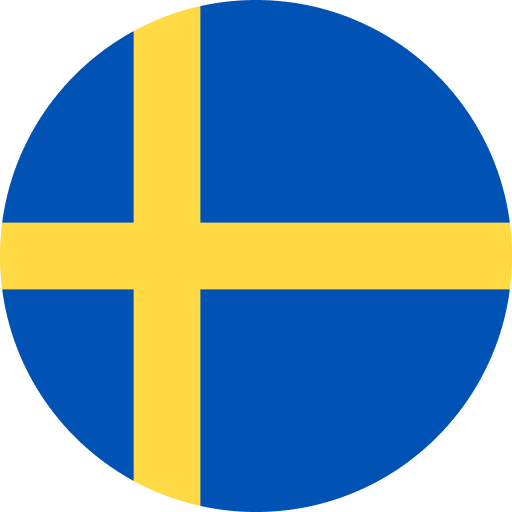 Swedish
Swedish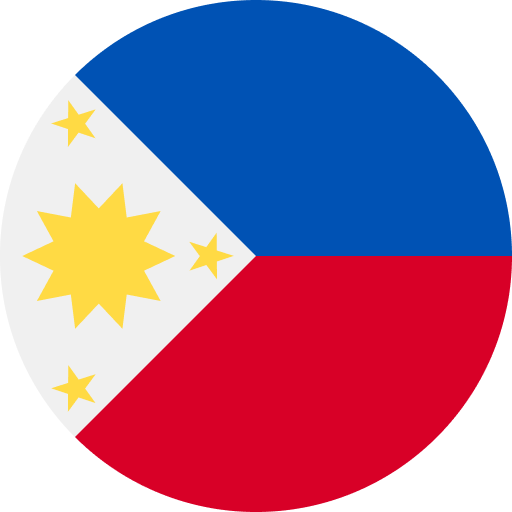 Tagalog
Tagalog Thai
Thai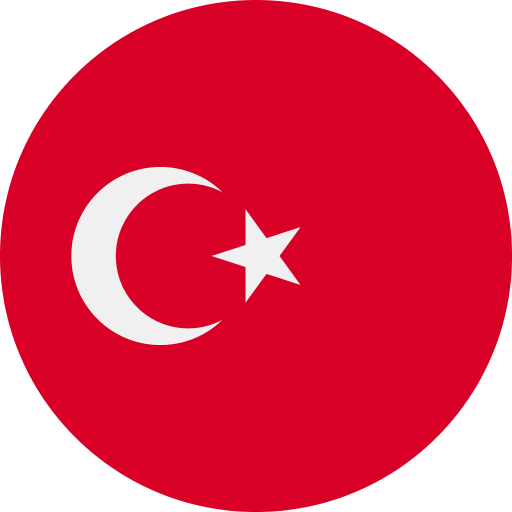 Turkish
Turkish Ukrainian
Ukrainian Uzbek
Uzbek Akan
Akan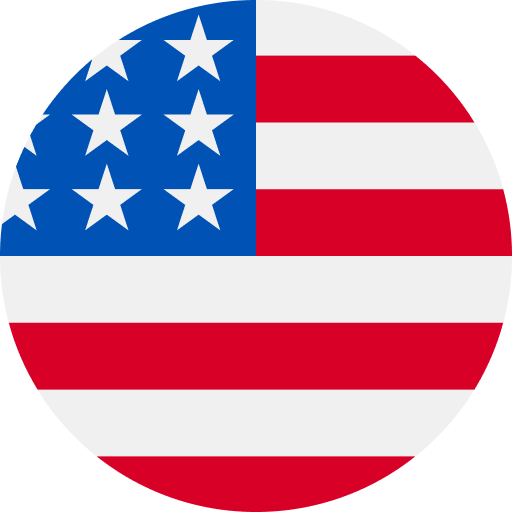 English
English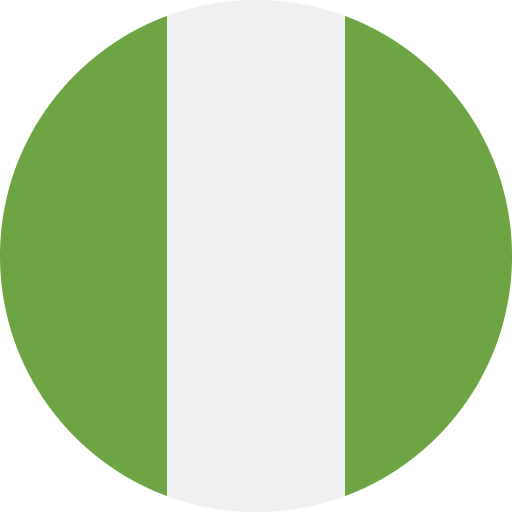 Igbo
Igbo Kazakh
Kazakh Kinyarwanda
Kinyarwanda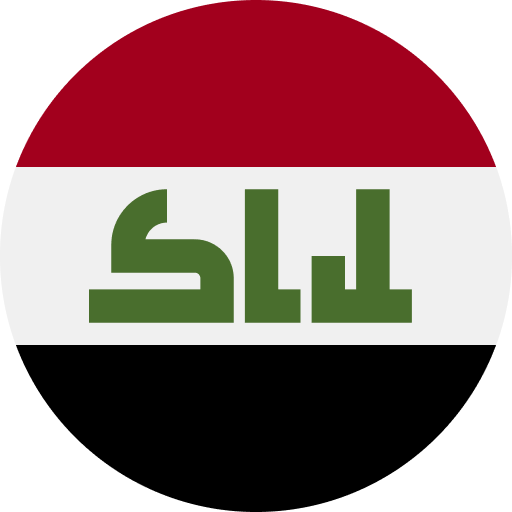 Kurdish
Kurdish Oromo
Oromo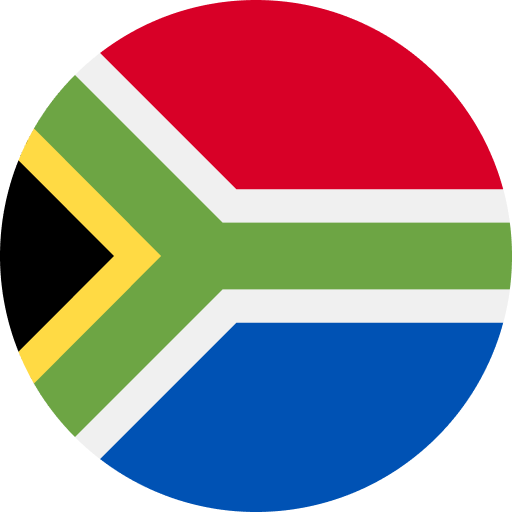 Shona
Shona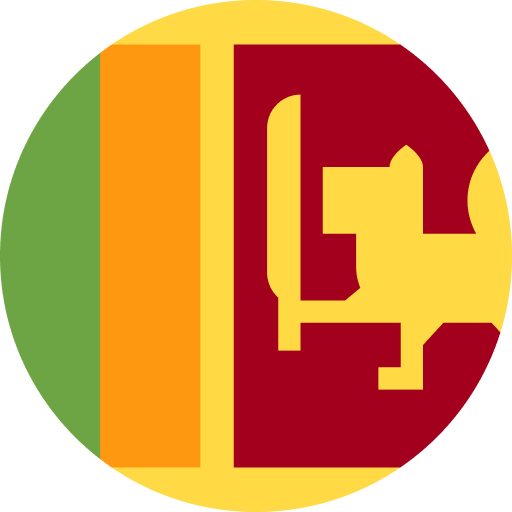 Sinhalese
Sinhalese

